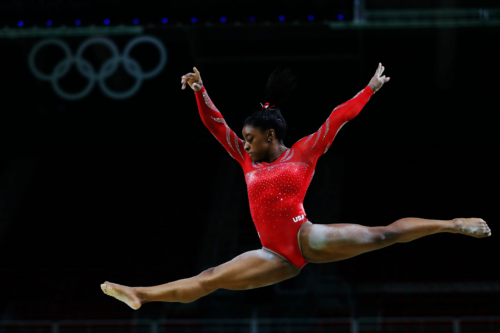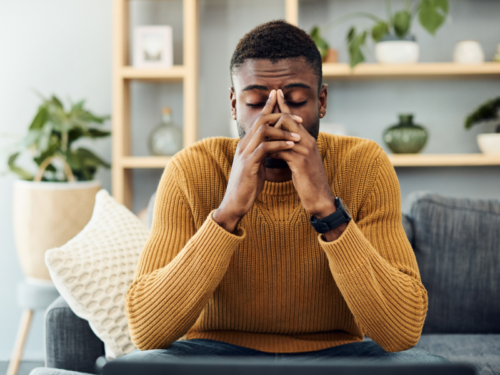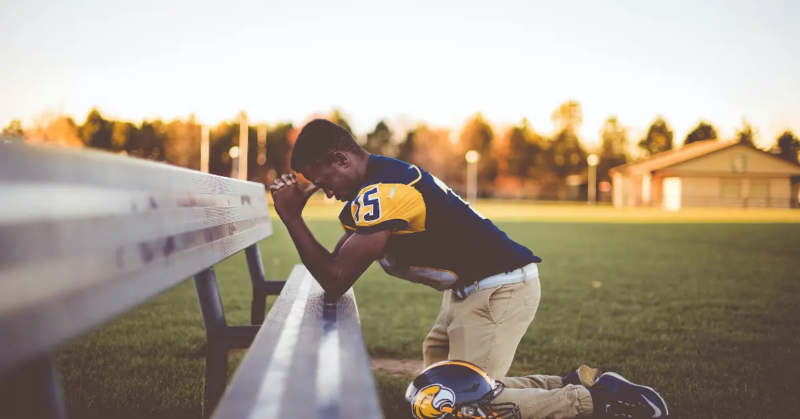
Table of Contents
The Importance of Mental Health Support for Athletes
Written By: Charlie Health Editorial Team
August 31, 2022
5 min.
The stress and pressure to perform can take a toll on athletes' mental health. We offer a starting point to help end the stigma around athletes’ mental health.
Learn more about our Clinical Review Process
Table of Contents
From student athletes to professional athletes, starting the conversation about mental health is essential. Around the world, young athletes face stigma from parents, coaches, and other professionals from older generations who don’t talk about mental health. Now, with more elite athletes raising mental health awareness and sharing their stories, it’s time to rethink mental wellness in athletic culture.
Today’s athletes are more open-minded and less stigma-driven when it comes to mental wellbeing. At the same time, young athletes face more pressure than older generations due to social media, increased academic demands, and the rising cost of college—which makes athletic scholarships even more important.
It’s important to remember that athletes are people too. Being an athlete may make you physically fit, but that doesn’t mean you have the knowledge or resources to help your mental health. Here’s everything you need to know about athlete mental health to start the conversation and end the stigma.
How common are mental health issues in athletes?
Mental health challenges are common in athletes. According to the National Institutes of Health, high school and college athletes face comparable risks of developing mental health issues with their peers.
However, the stress and pressure that comes with athletic performance can take a toll on athletes’ mental health. Athletes are especially vulnerable to performance anxiety, burnout, and high levels of stress. At the same time, research suggests that head injuries, such as concussions, can increase risk factors for developing mental health problems. Physical health problems, conflicts with teammates, and athletic culture in general can also leave athletes vulnerable to mental health issues.
Without the right support system, mental health can take a major toll on an athlete’s performance. At the basic level, seemingly small issues like stress and anxiety can serve as a distraction during performance. These distractions can quickly become magnified—competitions feel extremely important to student-athletes, which can increase the pressure to perform.
Sometimes, changes in an athlete’s mental state might lead to poor performance, further exacerbating the same pressure that might be the cause of stress in the first place. For example, a baseball player might struggle to throw the ball, or a soccer player might miss an important kick. Other times, a distracted mind can be dangerous, such as a downhill skier gliding down a slope. In any case, athletes deserve time to navigate their mental health and heal—even if it means sitting out for a few games.
Ending stigma and misconceptions about athlete mental health
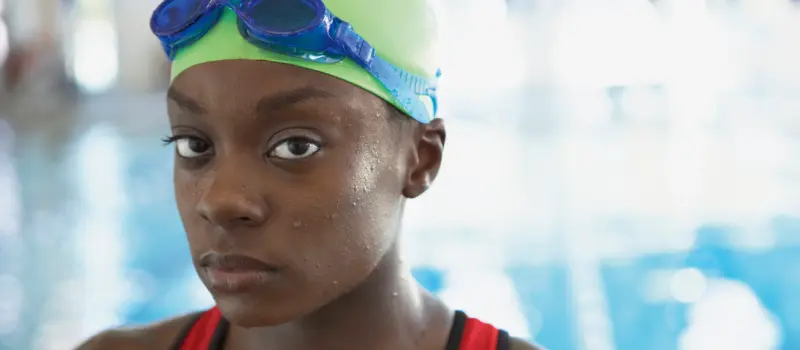
The general public often considers athletes to be “larger-than-life” figures, and it’s easy to see why. We’re constantly amazed at athletes who stretch the limits of the human body and exercise endurance in the face of pressure. But unfortunately, this superhuman image leaves little room for vulnerability, let alone public discussions about mental health. It’s easy to forget that athletes are people too—and they experience mental health struggles just like everyone else.
In recent years, athletes have taken steps to combat stigma and end misconceptions about mental wellness, with more and more athletes opening up about their mental health. In 2018, in recognizing the importance of mental wellness, the International Olympic Committee (IOC) started a large-scale research project to study the mental health of Olympic athletes. The result was a landmark Consensus Paper, which recommended prevention and management strategies for doctors, mental health providers, and other professionals who work with elite athletes.
Since the IOC study, several high-profile athletes, including Michael Phelps, Simone Biles, and Naomi Osaka, have highlighted the importance of athlete mental health issues while advocating for athletes to seek mental health services. As more athletes speak out about mental health awareness, they’re normalizing mental health as part of the general conversation around sports and athletes. Their public choice to seek mental health support—and break from competitions when needed—could help athletes at all levels find the courage to seek support.
How to prioritize mental health in athletic culture
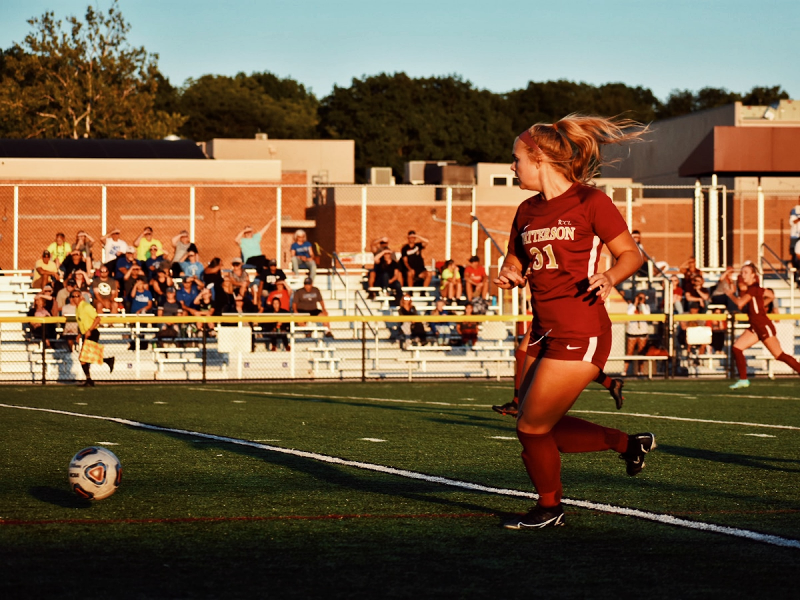
Nobody questions when an athlete takes time to recover from a sprained ankle or concussion. Physical injuries are easy to see and they come with a clear understanding that recovery is necessary. While mental health issues aren’t evident on an X-ray or MRI, they can be just as debilitating as physical injuries. Too often, though, they’re ignored in the name of grit.
In today’s win-at-all-cost world, breaking from competitions to navigate mental health concerns can bring unwanted labels, such as “quitter.” As a result, anxiety and fear of judgment can serve as an enormous barrier to athletes seeking professional help for psychological issues. Even when athletes are told that mental health is a priority, many athletes struggle to find comprehensive mental health support when they need it most. So, how can we create support networks for athletes?
If you’re a parent with a young athlete, encourage them to talk about their mental health concerns. Make sure you’re listening with an open mind. Focus on understanding their unique situation, and never make them feel ashamed or embarrassed about their mental wellness.
Most importantly, give them a voice. Young athletes need to feel heard and starting the mental health conversation is the first step to building an athletic culture where it’s OK to talk about the mental health aspect of athleticism. Don’t be afraid to bring up difficult issues, either. At the end of the day, the risk of not addressing athlete mental health is far greater.
Contact us
If you’re experiencing stress, anxiety, or other mental health symptoms, it’s important to remember that help is available.
At Charlie Health, we offer high-quality mental health treatment for adolescents, young adults, and their families. Our virtual intensive outpatient treatment program (vIOP) combines individual therapy, support groups, and family therapy into personalized treatment plans for every client. With virtual therapy, you won’t have to interrupt your busy schedule or take time away from training to access comprehensive mental health care.
No matter where you are in your mental health journey, we’re here to help you take the first step toward feeling better. Our compassionate team of mental health professionals will help you explore your treatment options, cope with stress, and take control of your mental wellbeing.

